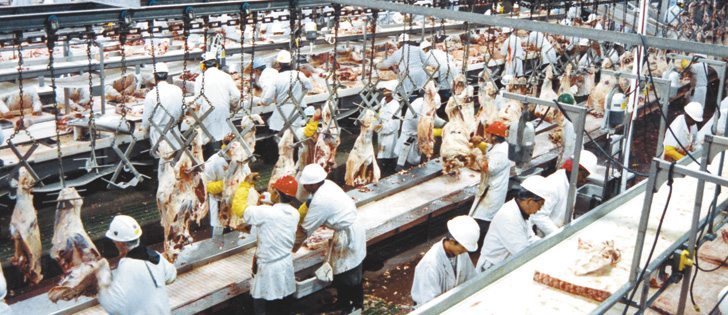KANSAS CITY, Mo. (Reuters) –North American wheat industry leaders are pushing ahead to gain acceptance for genetically modified wheat, despite continued concerns and at least a decade of required research and development work.
“This is going to be a win-win for everybody,” said Daren Coppock, chief executive officer of the National Association of Wheat Growers.
Coppock was one of a group of wheat industry participants meeting Oct. 14 in Kansas City to discuss key issues affecting the industry and how to press for acceptance of GM wheat.
Read Also

Manitoba extends Crown land rent freeze
Manitoba government links the continued rental rate freeze on grazing and forage leases to economic and environmental challenges facing the industry
Among the other attendees were representatives from the North American Millers’ Association, the National Wheat Improvement Committee and Grain Growers of Canada.
Officials from the organizations said no active research for a specific type of GM wheat was underway at this point, and the industry still needed to gain widespread market acceptance at home and abroad.
Coppock said food industry and export players have made it clear they will need to have clear marketing channels that allow for a choice between non-GM and GM varieties.
Supporters must also work to make GM wheat acceptable through trading channels such as the Minneapolis Grain Exchange, where spring wheat futures are traded and GM wheat is prohibited.
The group said it must broaden its coalition to include millers and bakers in other countries.
Five years ago, negative market reaction pushed Monsanto to shelve its commercial plans for a herbicide-tolerant Roundup Ready wheat variety. Farmers still remain largely uninterested in Roundup Ready wheat, but are clamouring for wheat that is tolerant of heat, cold and drought and has higher yield potential.
Stress and drought tolerance are the most desired traits that technology could bring to wheat, Coppock said.
Critics of GM crops say they can be harmful to human and animal health and have negative consequences for the environment.
However, proponents say genetic modifications are the fastest way to create higher-yielding crops that can help support a rapidly growing world population.














